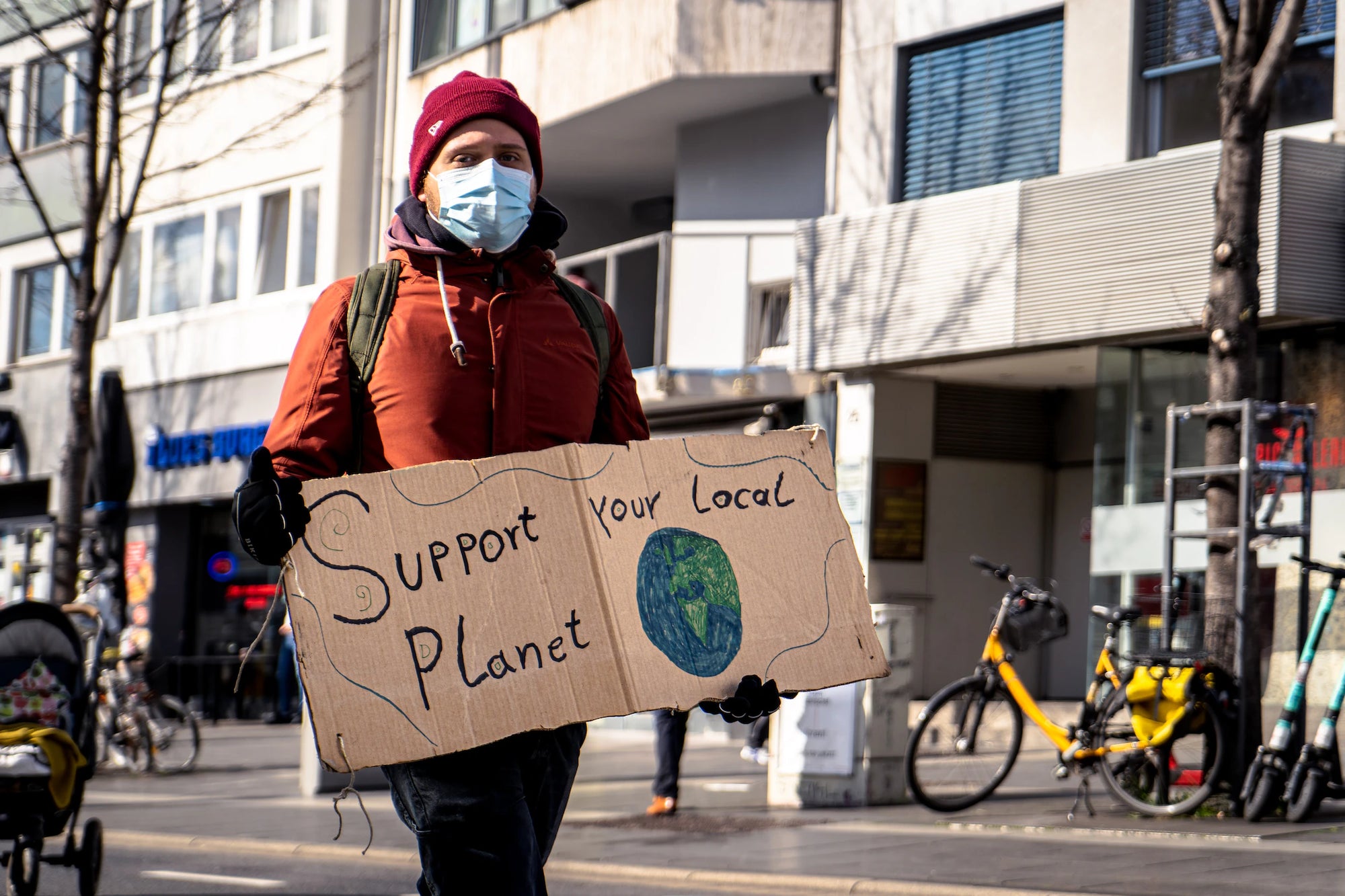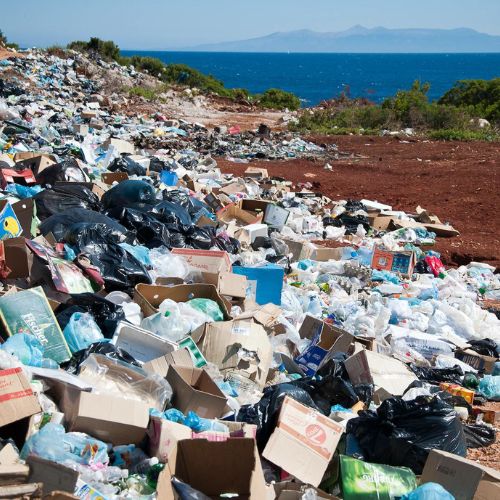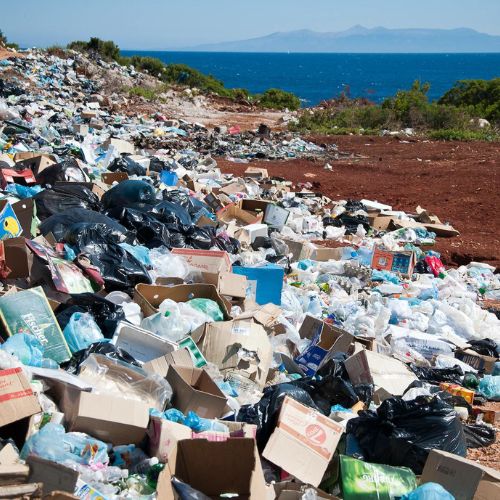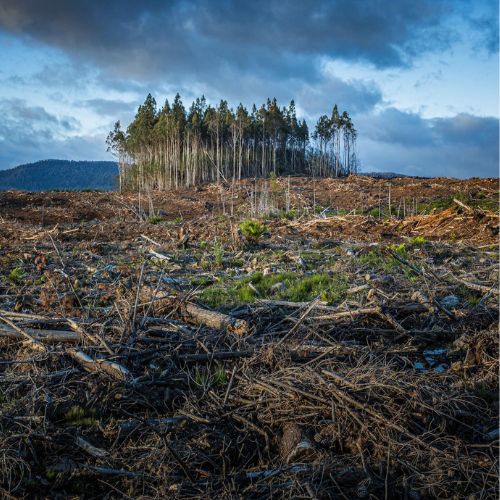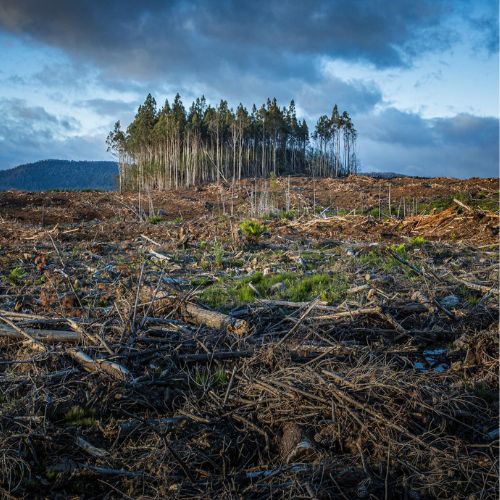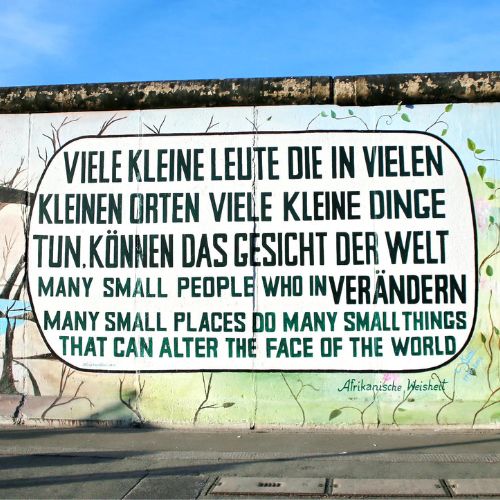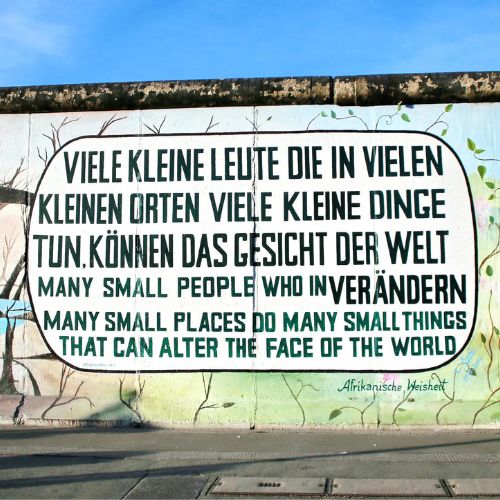Welcome To GREENFORCE.
Thanks for stopping by.
It looks like you're visiting from another country.
We ship from Germany to the following countries:
 Germany
Germany
 Austria
Austria
 Switzerland
Switzerland
 Netherlands
Netherlands
 Belgium
Belgium
 Luxemborg
Luxemborg
We are sorry, if your country is not available yet.
In which language do you prefer to shop?





